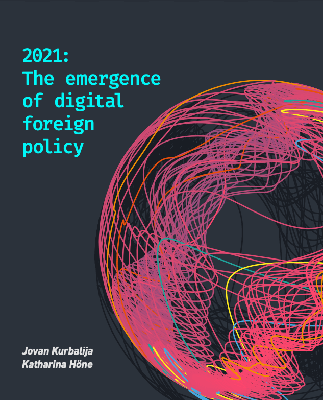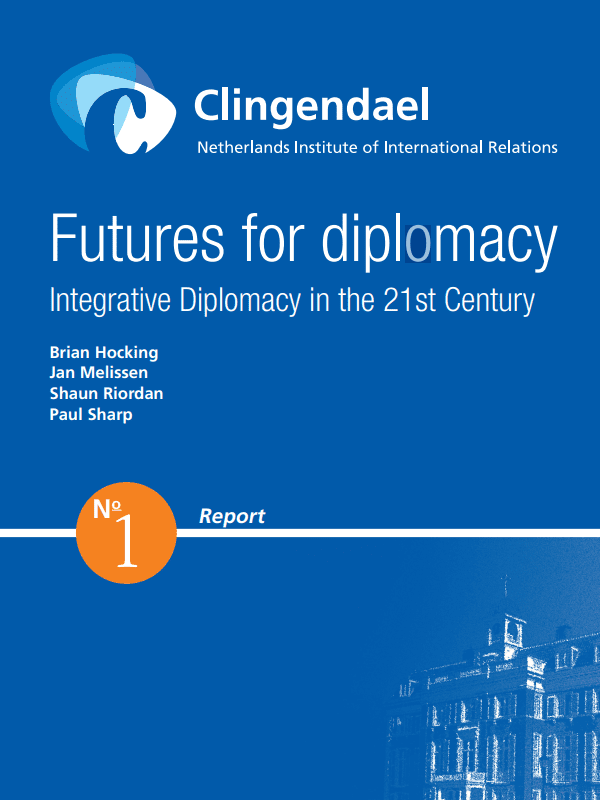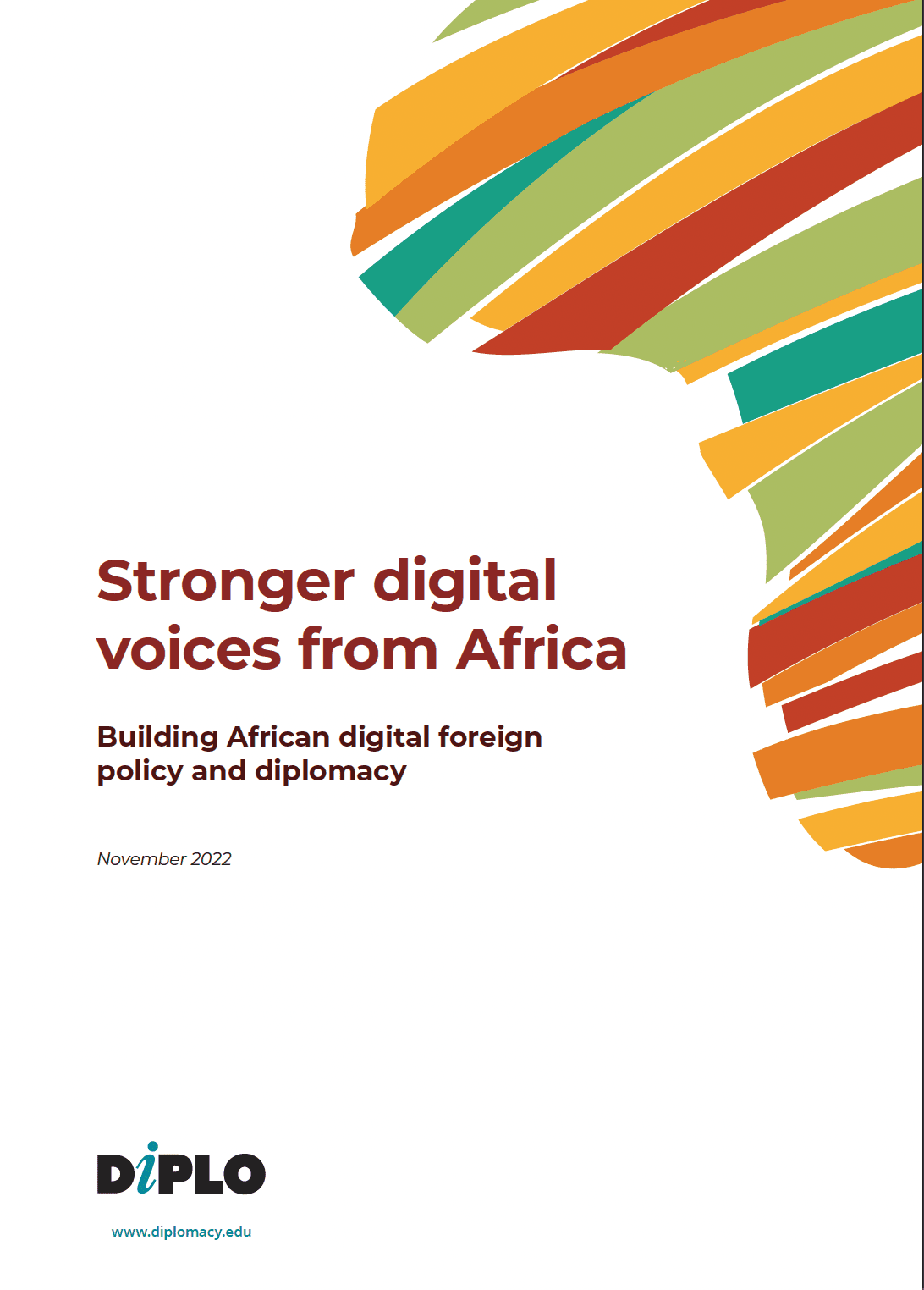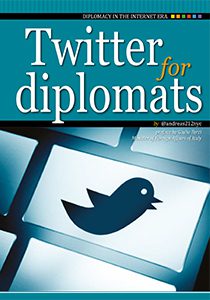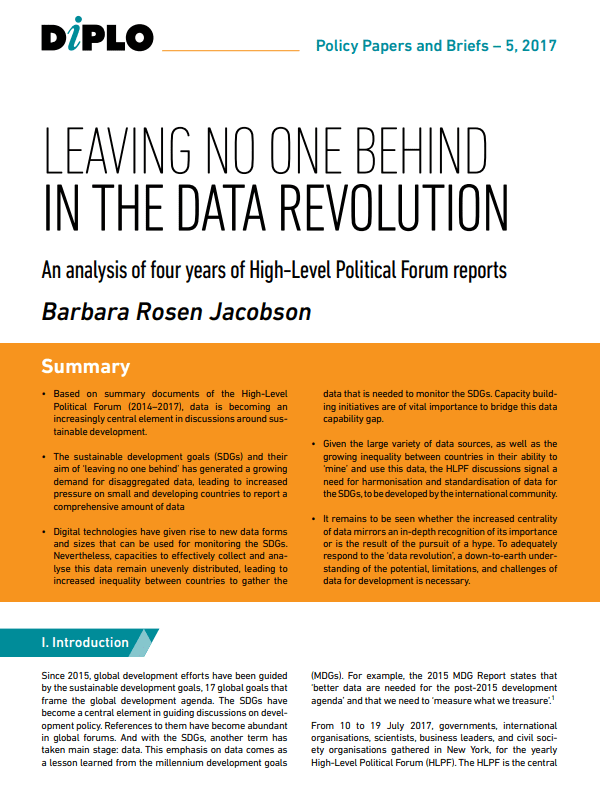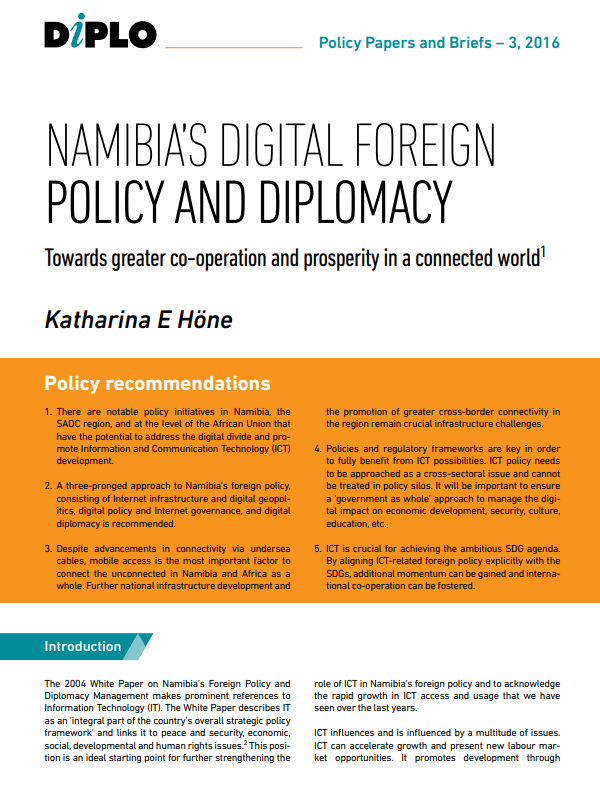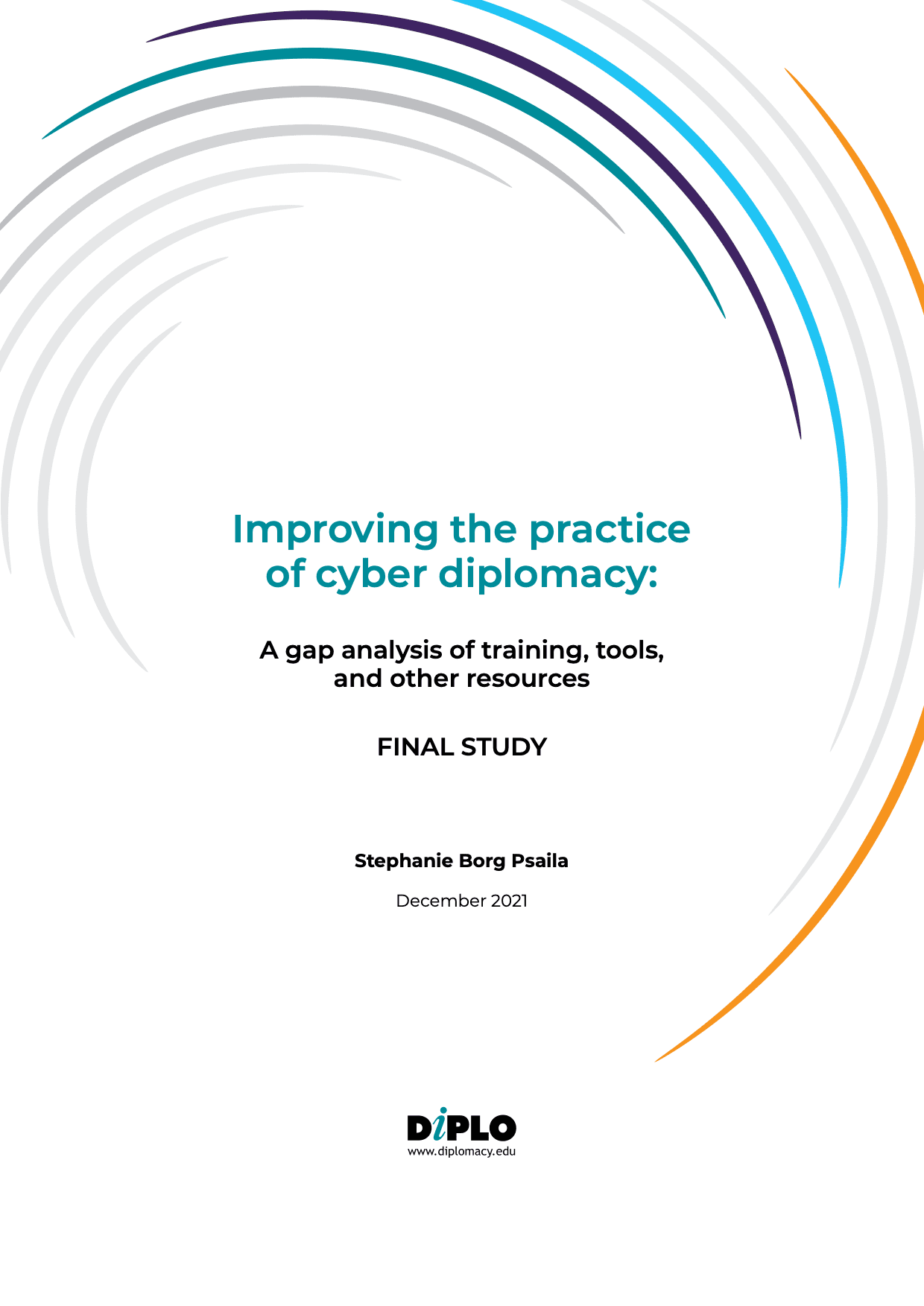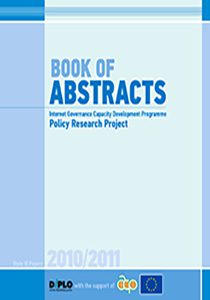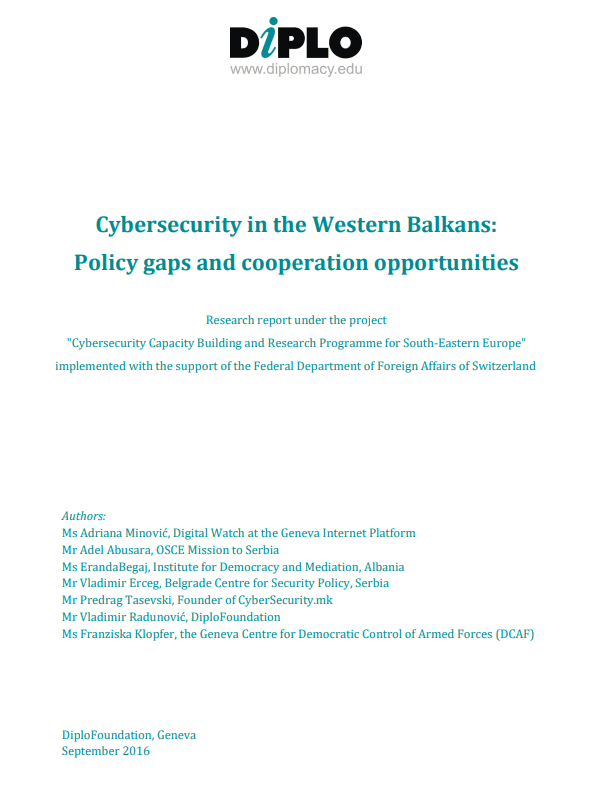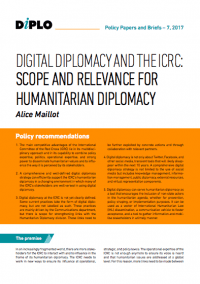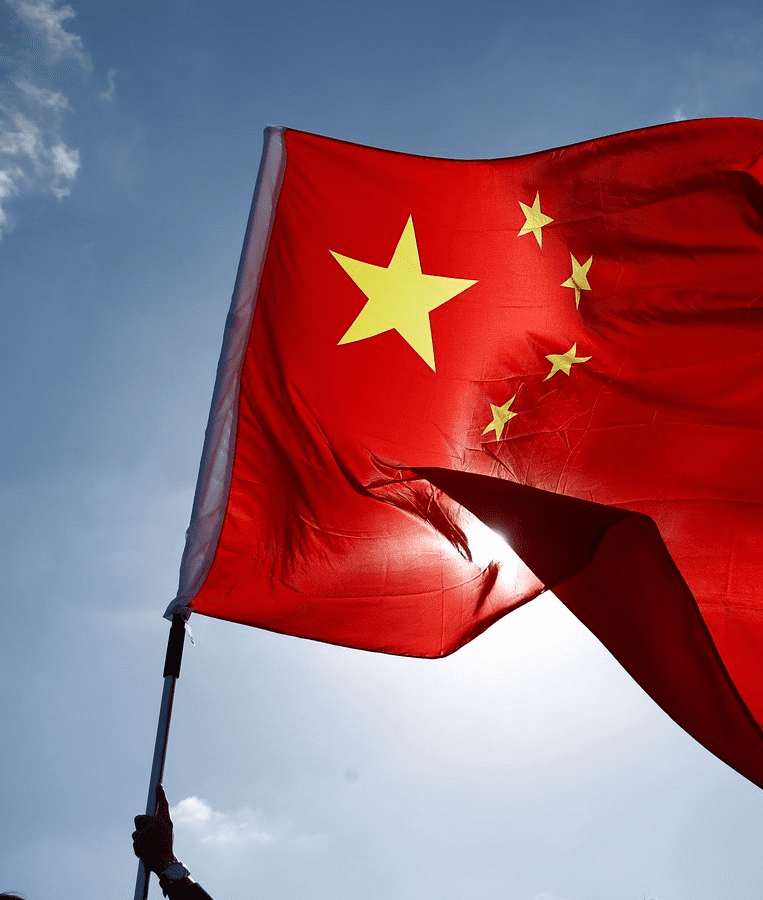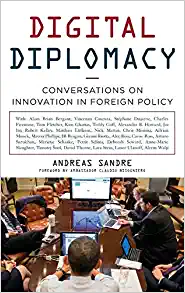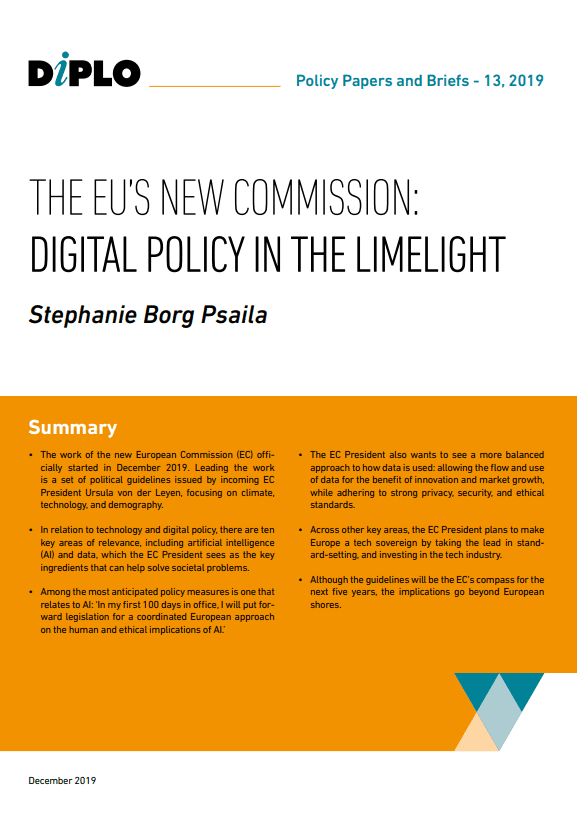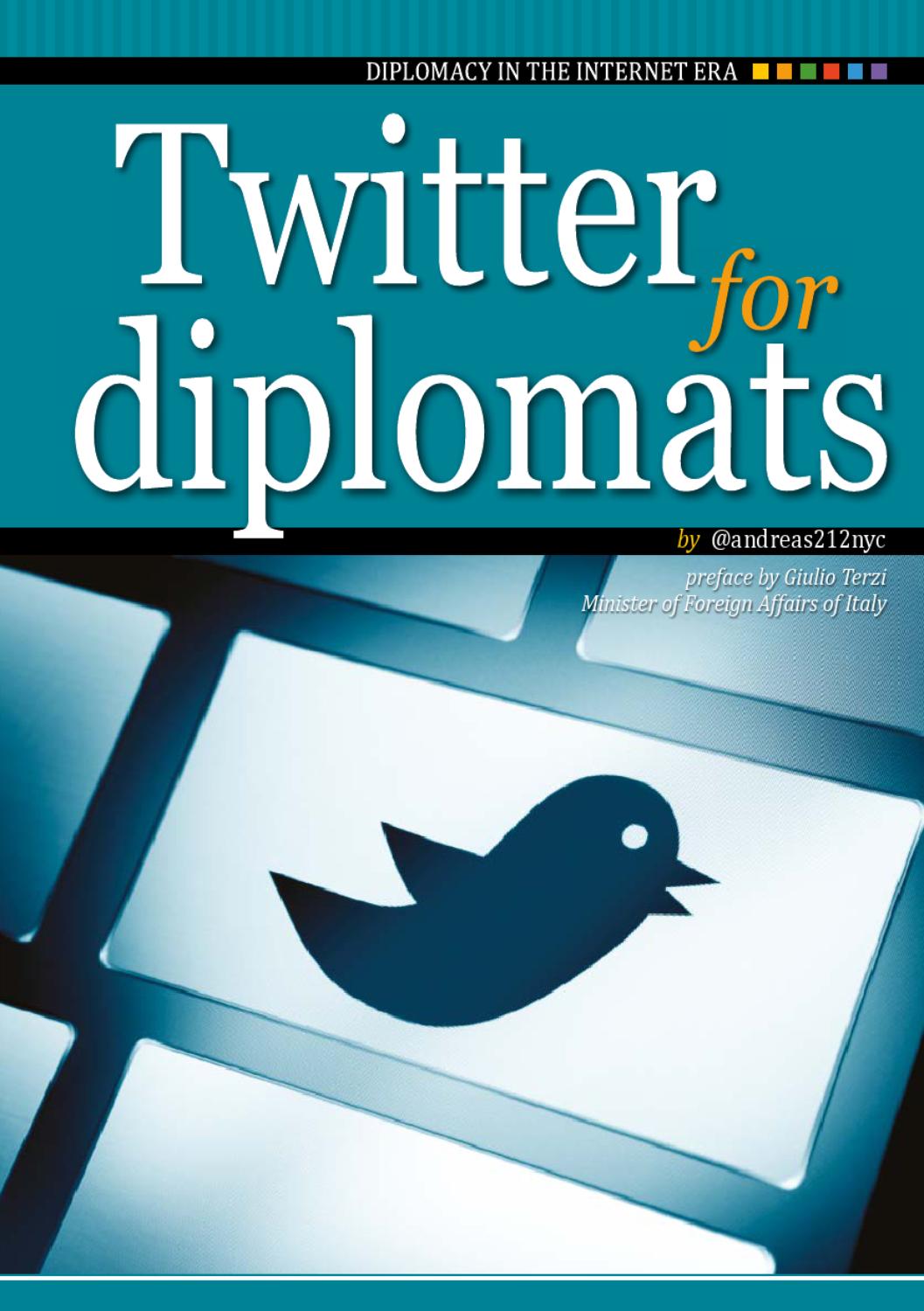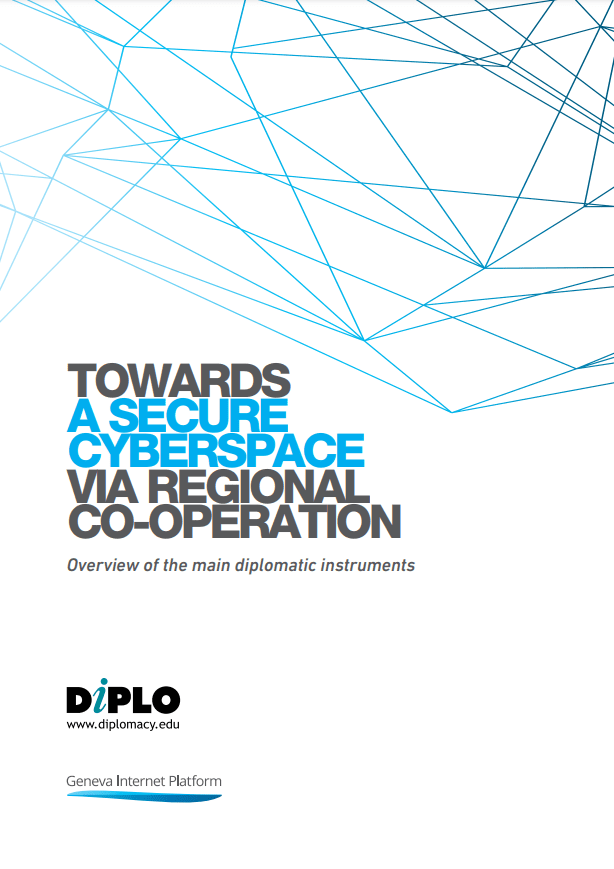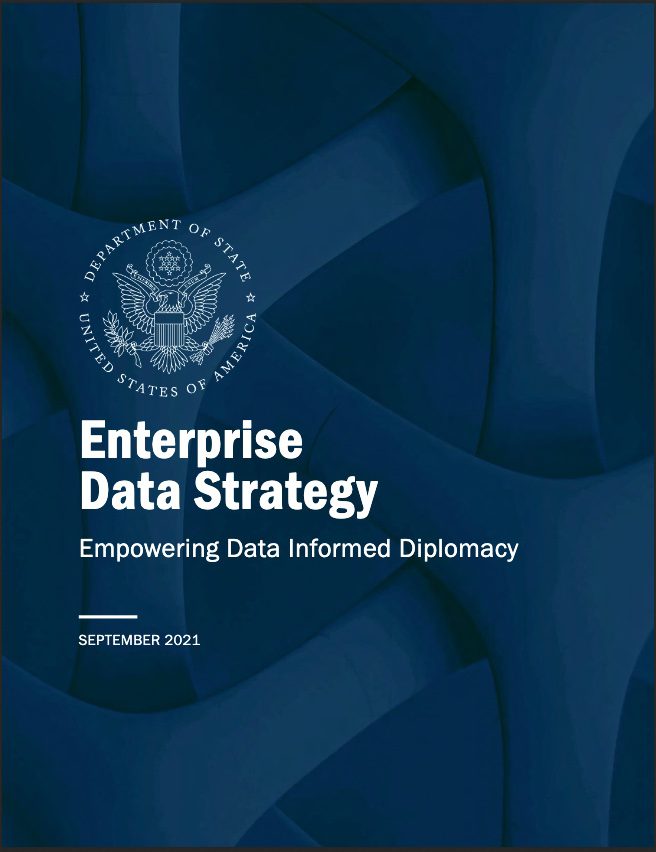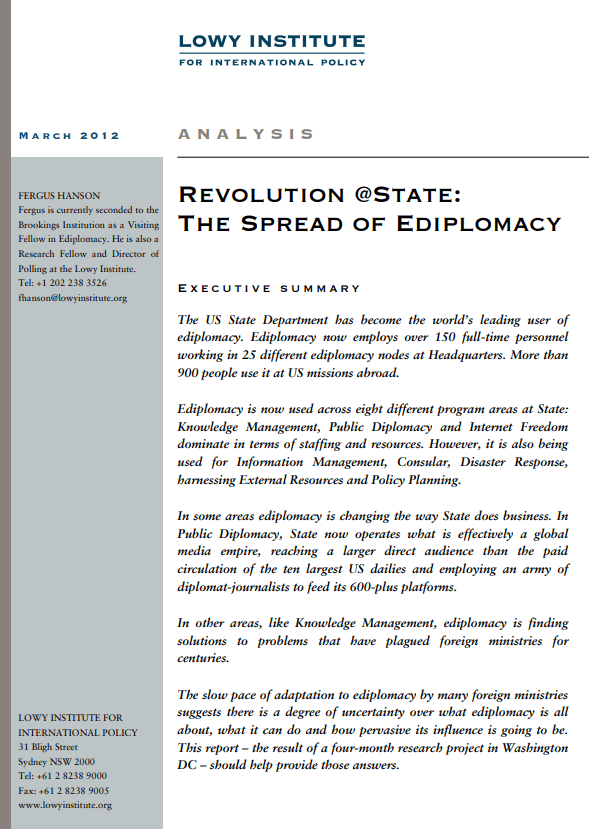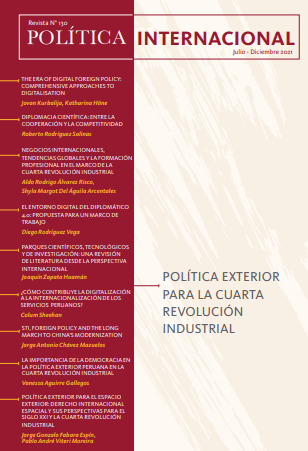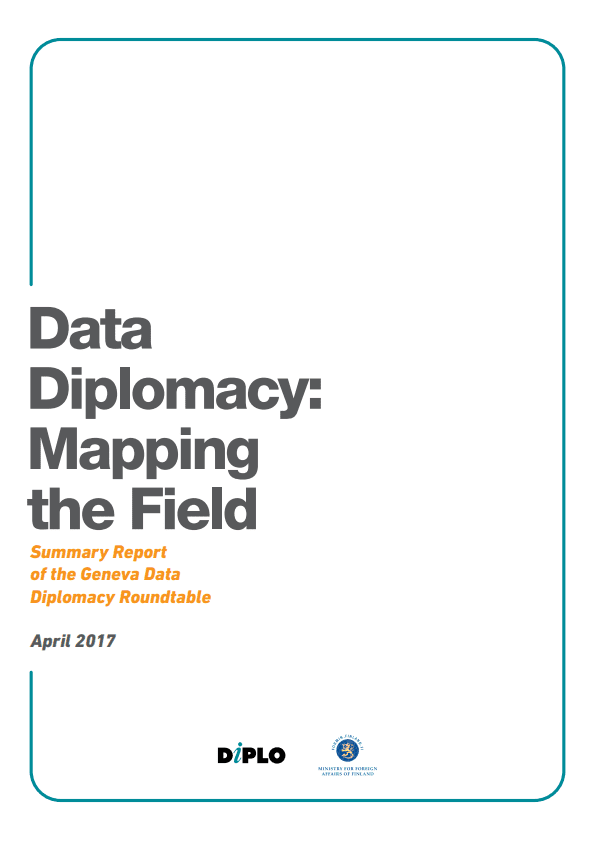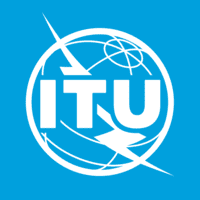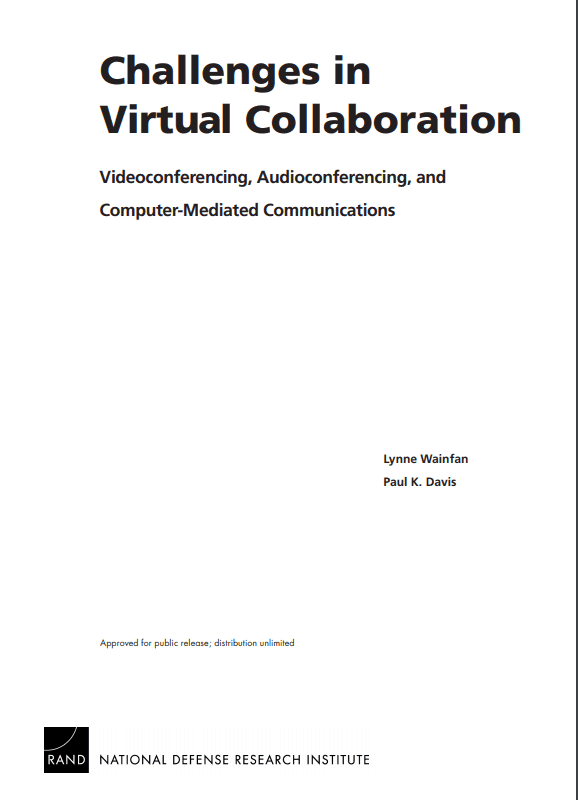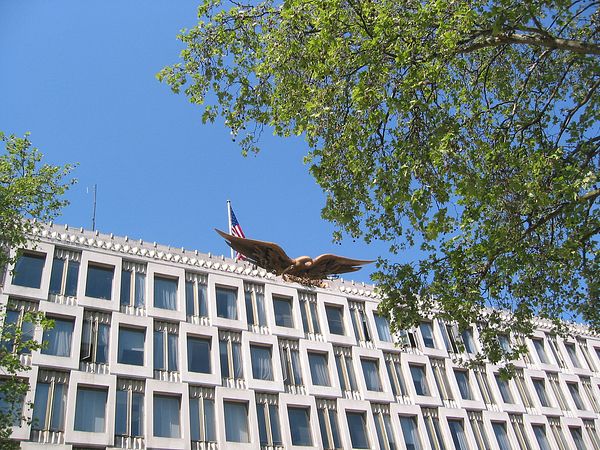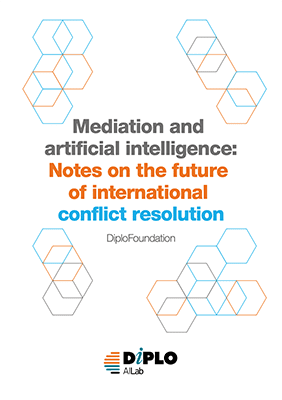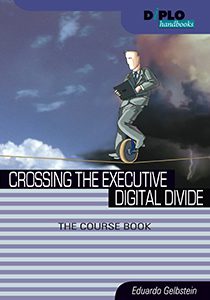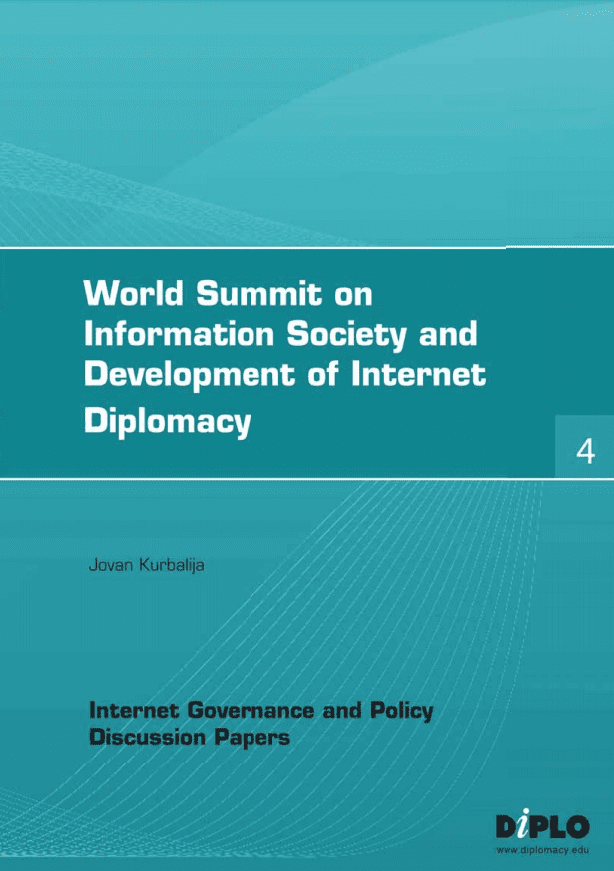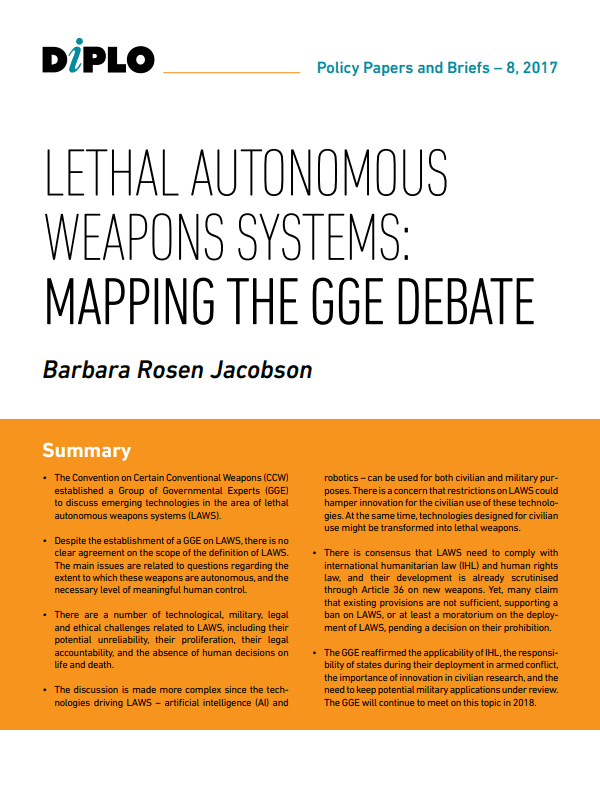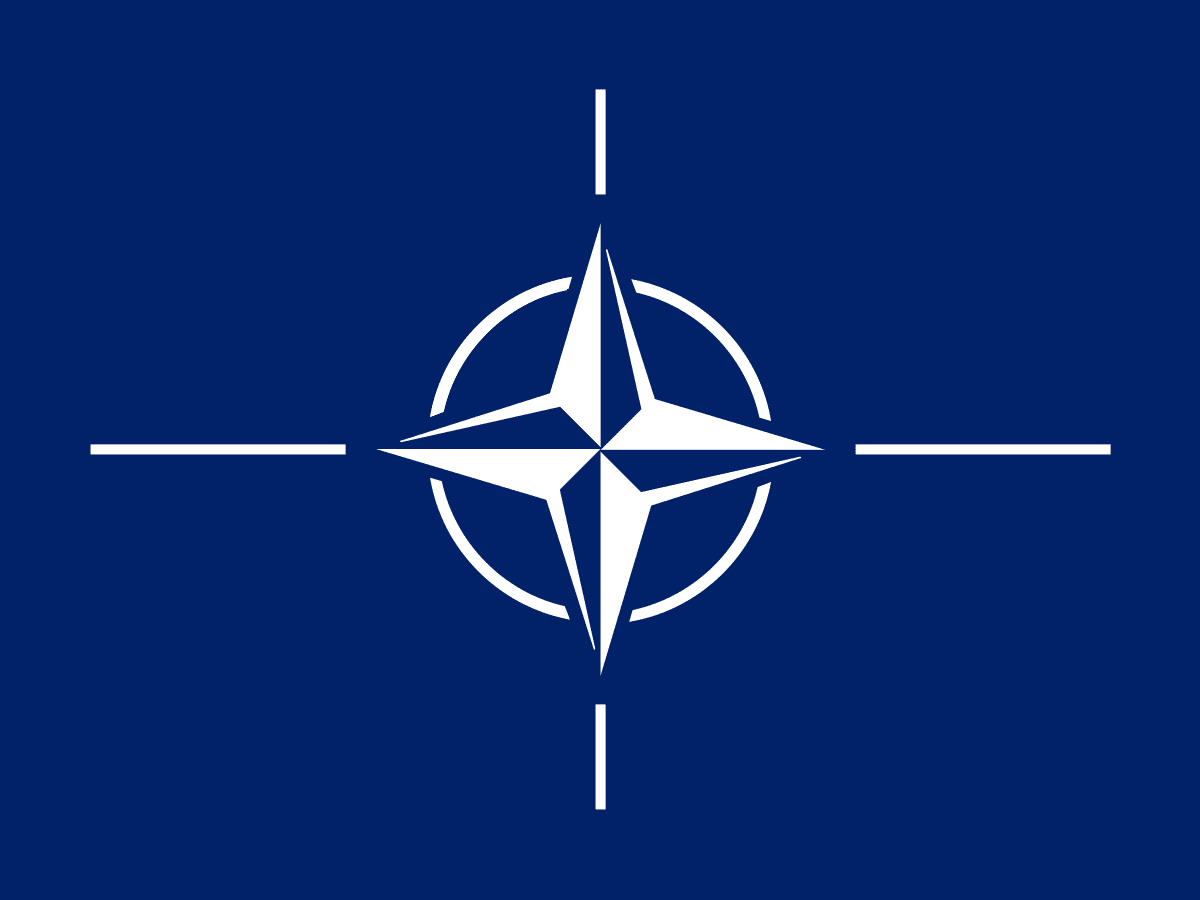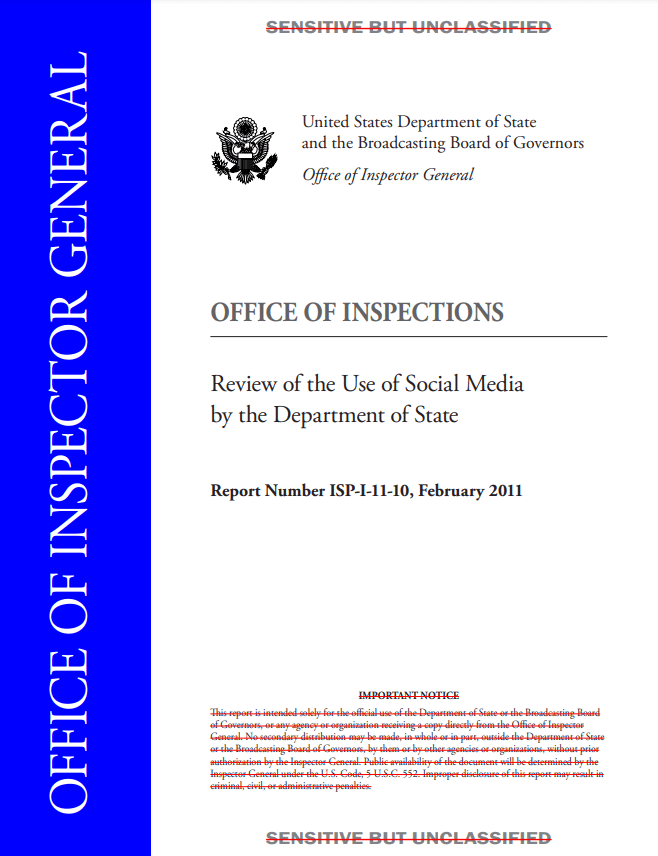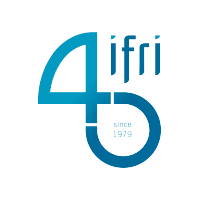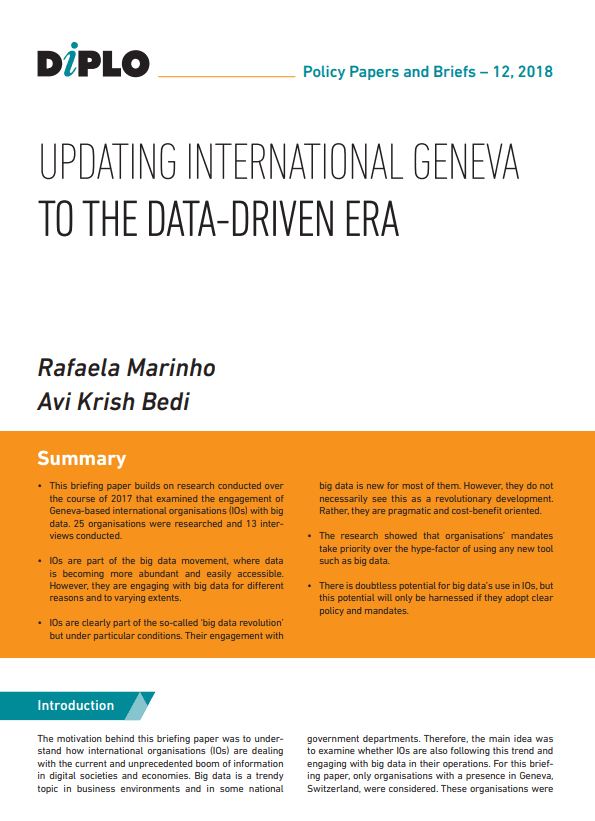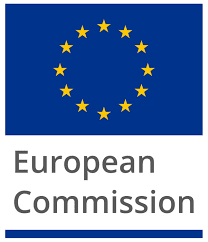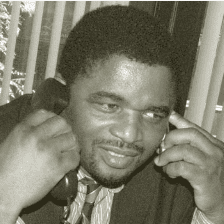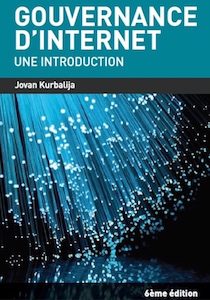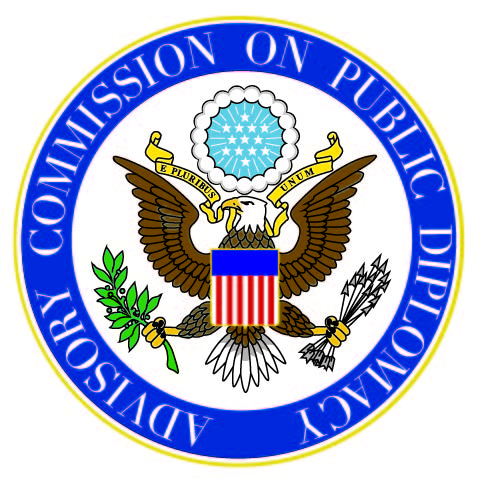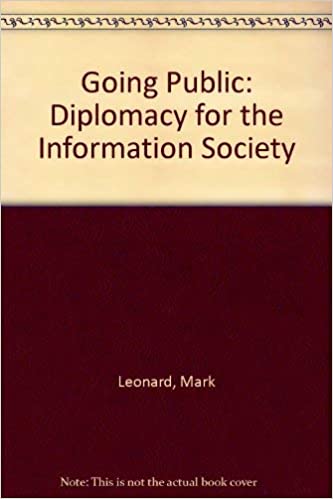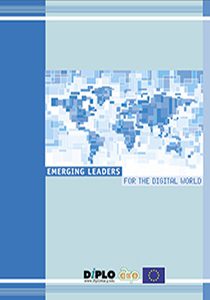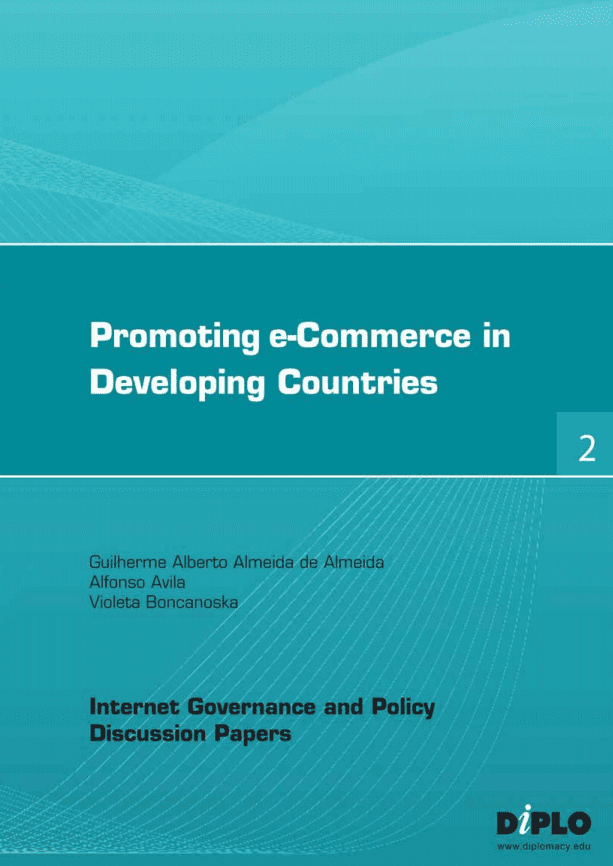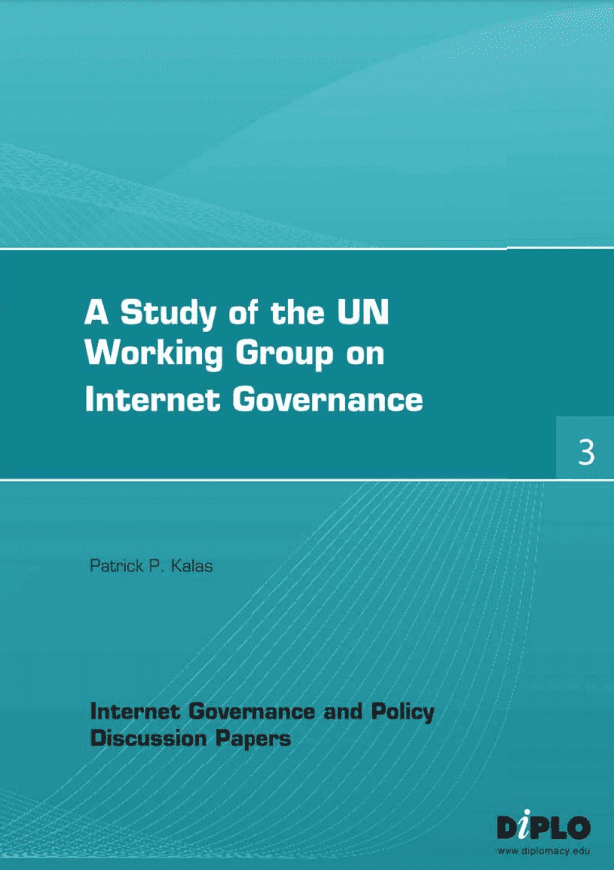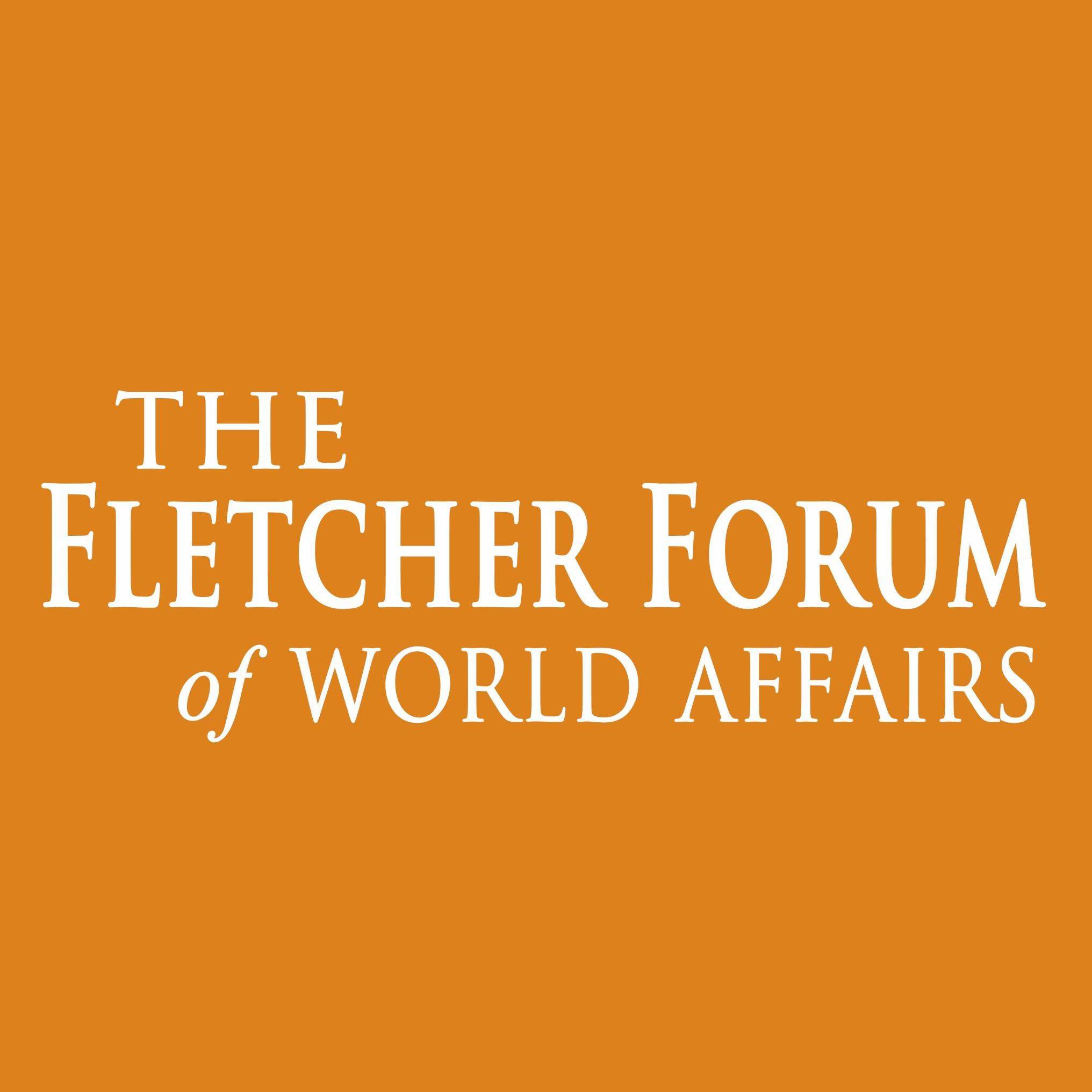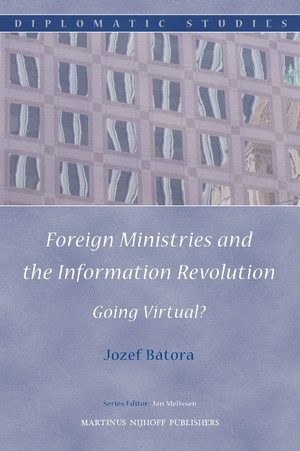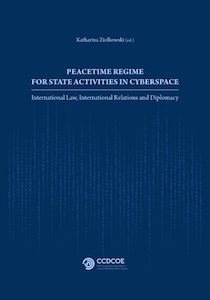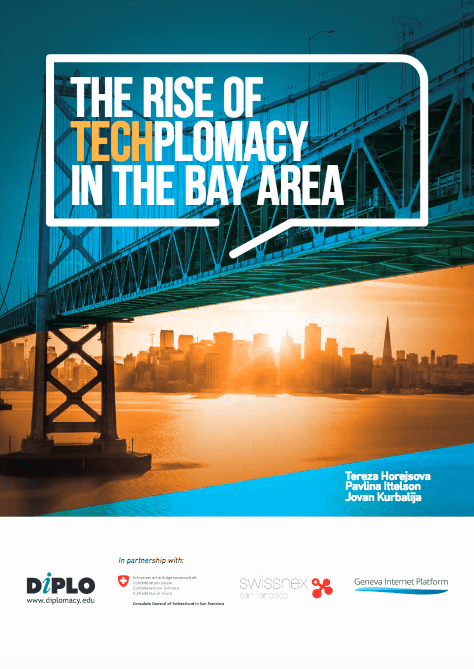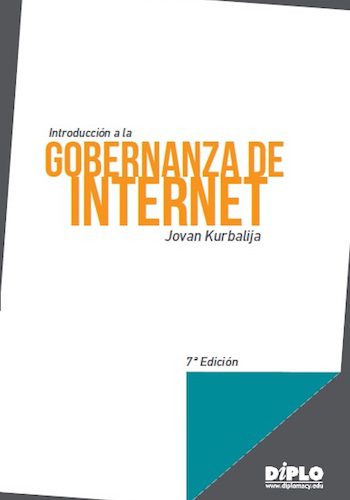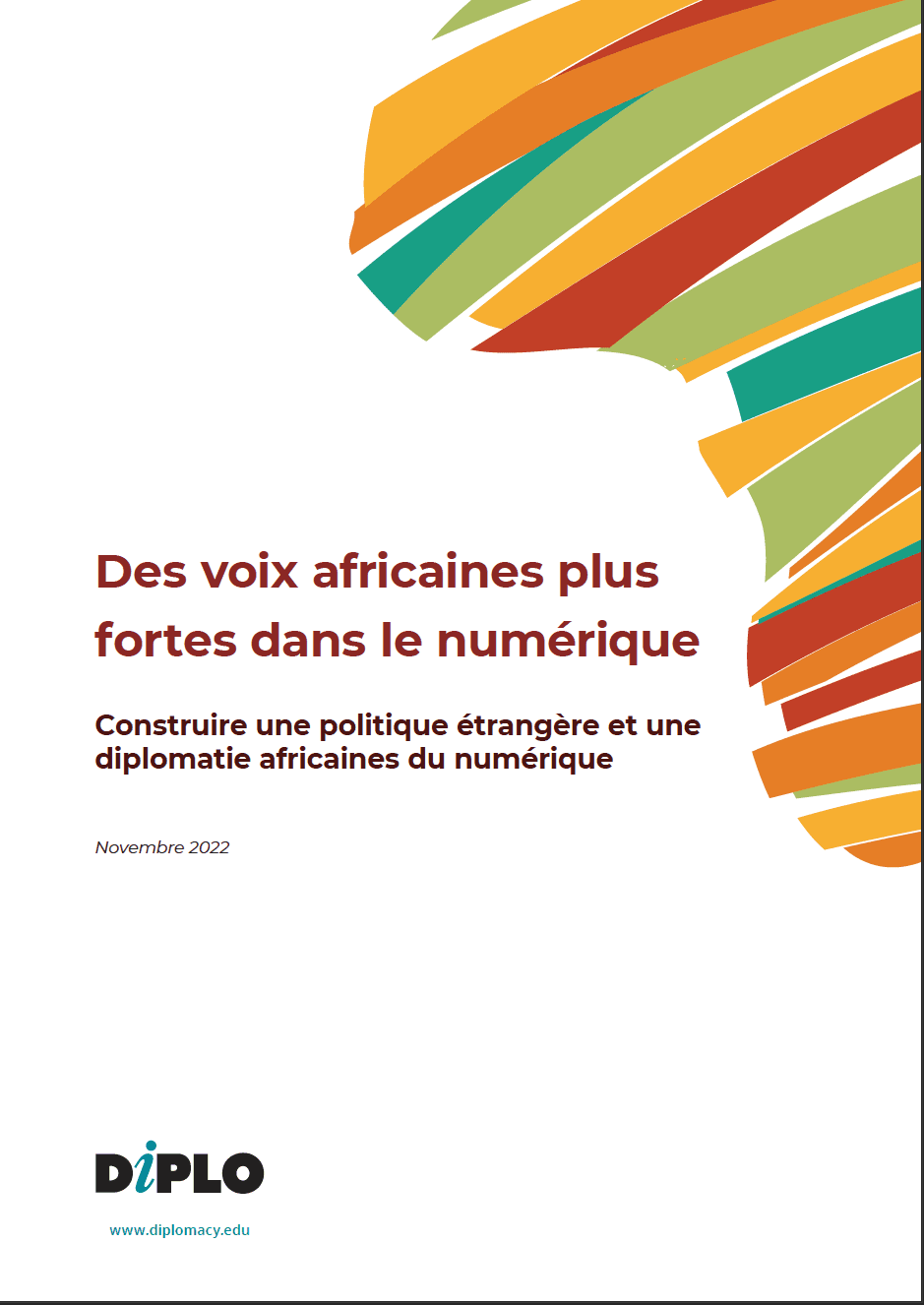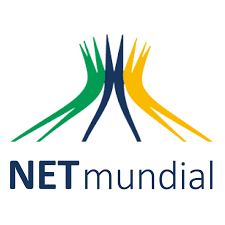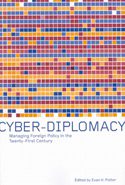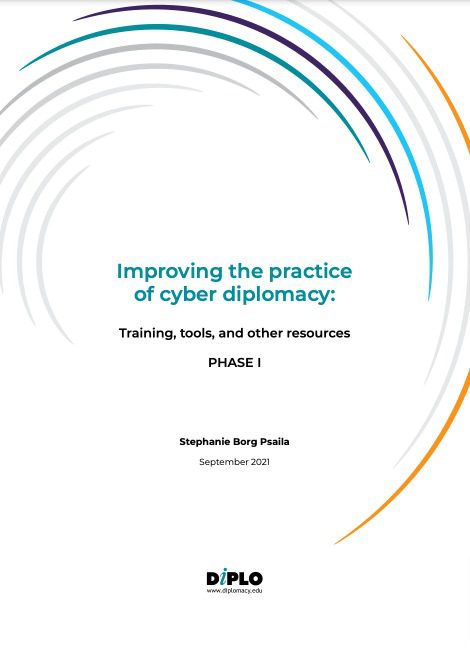One director being a kindly man, and desirous of rewarding him for his long service, ordered him to be given something more important than mere copying; namely, he was ordered to make a report of an already concluded affair, to another court: the matter consisted simply in changing the heading, and altering a few words from the first to the third person. This caused so much toil, that he was all in perspiration, rubbed his forehead, and finally said, “No, give me rather something to copy.” After that they let him copy on forever.
From Nikolai Gogol, ‘The Overcoat’
Introduction
With the rapid increase in the amount of interesting and useful information available on the Internet for ordinary diplomatic activities, diplomats are already being confronted with the need to learn new skills in order to fully exploit the possibilities offered by information technology (IT). Those diplomatic activities which consist of acquiring and processing information are likely to be deeply affected by the changes wrought by IT.
Major developments in the functioning of both Ministries of Foreign Affairs and their Missions abroad are inevitable, provided that diplomats learn what is available online and how to access it. Obviously a certain amount of experimentation is normal during the present initial phase of supplying and gathering information. If diplomats are to access necessary information through IT, they will have to play an active role in guiding their counterparts (international organisations or national institutions dealing with foreign affairs) through both their input and specific requests.
The challenge for Ministries of Foreign Affairs is now to find new and more flexible ways to exploit IT, as well as to identify the most appropriate tools for this task. The economic constraints faced by most ministries further favour the use of IT, as it means savings in terms of both time and money.
The aim of this brief study is to demonstrate some of the interesting possibilities already available online for the diplomatic community. The first question any newcomer(1) faces (and not only diplomats) once he is connected to the Web is “what can I do now, where can I go?” That is a perfectly normal question, as the amount of information available is so vast and accessible that it is easy to get confused and be drawn into the World Wide Web (WWW). In order to analyse briefly the kind of “professional” use diplomats can make of the Internet the best thing is to examine an ordinary day at the desk and see how some routine activities can be complemented or substituted by the Internet.
Checking the Mail
The first thing a diplomat would normally do when he arrives at his desk in the morning is to check his incoming “paper” mail. This should also be done once the PC is turned on and connected to the Internet: incoming “electronic” mail (e-mail) should be checked. This simple task is all too often forgotten. There is no point in having a fast carrier (such as the Internet) which acts nearly in real time if, once the message has arrived, no one goes to check it and to read it.
Electronic mail is particularly important for diplomats whose work, by definition, means contacts with colleagues all over the world. Two things make it an indispensable tool in diplomacy: firstly, it’s low cost (in a period when public budgets are being cut drastically, cost becomes a priority) and secondly it overcomes time zone barriers. When a colleague is still sleeping in U.S., it is possible to send him a message from Europe and be sure that he will find it right in his mailbox as soon as he arrives in the office in the morning. And all this at the cost of a local call!
Another big advantage of e-mail is the possibility of sending documents together with the message (so-called attachments). In this simple way, one can save retyping time and modifications to the text can be made directly to the original text. Furthermore, everything which is available in electronic form can be sent by e-mail (i.e., newspaper articles, official UN documents, meeting agendas, etc.). Therefore, if somebody finds an interesting item (such as a press release or an article) on the Internet, he can easily and quickly send it to as many colleagues as he wants, using the same text and simply adding the accompanying message once.(2) E-mail is particularly useful for sending all those periodical communications (bulletins, circulars, press releases, etc.) which should have a rapid and wide diffusion in an internal organisational structure.
It is wrong, however, to think that the electronic transmission of communications and documents will completely replace traditional transmission and carriers, although it is possible to predict in the relatively near future a mixed system of electronic and physical transmission, which will be more efficient and economical than present systems. It is important to bear in mind that electronic distribution and electronic mail will never completely replace traditional means of communications and is a complement rather than a substitute. Easy access to basic information should free up time, which can then be devoted to analysis and study, consequently permitting more balanced and coherent decision-making.
Reading the News on the Net
However, no diplomat spends the whole day just checking his mail. . .he must be informed and keep up to date on many issues, particularly in international affairs. Therefore, he must read newspapers. Obviously, reading national and international newspapers and magazines does improve considerably diplomatic skills and knowledge and sometimes it is a real advantage. Nevertheless, it can also be both difficult and expensive to buy the last issues of several newspapers on a daily basis. Once again, the Internet is rapidly changing the ways news is circulated and newspapers are adapting to it. The most important international (and national) news agencies and newspapers are already online (see tables 1 and 2), with fairly comprehensive editions and sometimes even a full edition.
Table 1 – News agencies online:
Reuters Online https://www.yahoo.com/headlines
Agence France Press https://www.afp.com/francais/infos/breves/simple/
CNN https://cnn.com/
It is certainly easier to read printed paper, because we are used to it and because it can be easily transported, but when we find an interesting article on the Internet we can still print it and then read it on paper.
There are two principle advantages for diplomats who read newspapers online, as mentioned above:
a) It is always possible to read the most recent issue. For diplomats posted abroad this is not always the case for the conventional printed version, especially if the newspaper is published on the other side of the world.
b) It is very cheap. Most of the newspapers online offers free access and even those which require a subscription have very competitive rates (if compared to local costs of international press).
But these are not the only advantages:
c) Search facilities: The example of a very famous news agency such as Reuters can be used. The Internet service of Reuters (https://www.yahoo.com/headlines) is not as comprehensive as the commercial one, but it does cover the most important news. The special advantage offered by the Internet service is represented by the search facilities and by the hyperlinks to previous articles (see point d). Search facilities mean that it is possible to search for a specific subject and within a few seconds receive a list of articles issued recently by the news agency.
d) Easy reference – The list resulting from the search will be clickable (with hyperlinks), meaning that it will be possible to display the full text of every article just by clicking on its title.
Another advantage of the electronic version of Reuters is that at the bottom of every article there is a list of previous articles published recently on the same issue. In this way it is easy to have a quick idea of how a specific event has developed over the last three or four days.
Newspapers have also developed Internet editions which assist diplomats in their activities. Not only do some of them provide search engines, but it is often possible to consult issues of the preceding days. They are also developing services which are not available for the ordinary paper format, such as sections where all the articles concerning one specific issue are grouped together.

Fig. 1 – Example of search on “Italy” in Reuters Internet Service
Table 2 – International newspapers online:
Financial Times https://www.ft.com/
Le Monde https://www.lemonde.fr/journal/lemonde/
International Herald Tribune https://www.iht.com/
The Washington Post https://www.washingtonpost.com/
The wide range of information accessible through the Internet has another important function for diplomats: they can use it as a source for all sorts of details about the country where they are accredited. Quick and easy access to local newspapers, news agencies, institutions, associations, laws and regulations, etc., through the Internet, permits diplomats to be well-informed at any time without leaving their desk, thus enabling them to have a deeper, more comprehensive (not to mention constantly updated) knowledge of the people and the country where they are posted.
Information Concerning International Organisations
Major improvements are also taking place in the number of documents and databases available on the Internet which are relevant for the diplomatic community. The United Nations, in collaboration with some member states, now endeavours to provide most of the information for distribution also on the Web. A quick perusal of the homepage of the United Nations (https://www.un.org) gives an idea of the amount of information already available for consultation online.
A good example could be Security Council resolutions, which diplomats often cite or use as references. Once it was difficult to have the complete final text of a resolution immediately after its release. Now, through the UN Web page, they are easily accessible and retrievable. The same applies for ECOSOC and General Assembly resolutions. All the most recent documents issued by the UN Secretariat (including UNCTAD, DHA, ECE, etc.) are available, but their access is restricted to the diplomatic community in a site protected by username and password, in order to avoid excessive traffic. Table 3 illustrates some examples of interesting news services provided by international organisations on the Internet.
Some interesting magazines for international affairs have also developed useful and original services, as has, for example, “Le Monde Diplomatique” (https://www.monde-diplomatique.fr/md/index.html). This weekly French magazine has set up a free mailing service that sends e-mail periodically to those who have subscribed (for free), concerning the highlights of the current issue, as soon as it is available online.(3) Since it is impossible to cover all the news agencies/newspapers/magazines online, the information received by e-mail can be a very useful tool to keep diplomats constantly informed.
Table 3 – Selected News Services of International Organisations:
Latest News from the United Nations – https://www.un.org/News
Latest News from the United Nations Office in Geneva – https://www.unog.ch/news/newsen/presrele.htm
Daily News Flashes from the European Commission – https://europa.eu.int/en/agenda/dnews.html
News from OECD – https://www.oecd.org/news_and_events/release/
News from US Government – https://www.usia.gov/products/washfile.htm
Obviously diplomats should not be only the end users of the information provided by international organisations. As members of organisations, states have the right (if not the obligation) to provide guidelines and suggestions to the international organisations regarding information available and the way it is provided. On this particular issue the ECOSOC resolution E/1997/28 of 14.7.97 concerning international cooperation in the field of informatics stated that: “The ECOSOC reaffirms the continuing need for representatives of states to be closely consulted and actively associated with respective executive and governing bodies of the United Nations institutions dealing with informatics within the United Nations System, so that the specific needs of States, as internal end-users, can be given due priority.”

Fig. 2 – United Nations Homepage
Most of the UN bodies have set up a Web site and an official UN Web site locator (https://www.unsystem.org) has been created to facilitate both access and the retrieval of information. The different sites are brief, in order to give an overview of the activities and the nature of the organisation, and they often provide additional updated information, such as press releases, programmes, calendars of meetings, reports, description of co-operation programmes etc., which can be most valuable for the diplomatic community. There are also sites with unofficial lists of international organisations and other organisations (UN and international organisations and related links) dealing with international matters which can assist the diplomat. The most renowned is the page prepared by UNDCP(4) ) which features links not only to all international organisations, but also more than one hundred related links concerning international matters.
Taking, for example, the World Health Organisation (https://www.who.ch), we will find the Weekly Epidemiological Record (WER) which “serves as an essential instrument for the rapid and accurate dissemination of epidemiological information on cases and outbreaks of diseases under the International Health Regulations, other communicable diseases of public health importance, including the newly emerging or re-emerging infections, non-communicable diseases and other health problems.” This publication is made available on the Internet and therefore WHO is not obliged to forward it to local Permanent Missions (in Geneva), which in turn do not have to send it to headquarters. This means not only a saving in money but also in time, as those online who are actually more concerned with the reports’ contents (final users) are able to consult the publication directly, without intermediaries. This small example illustrates the kind of savings in terms of time and resources which can be achieved through the implementation of new procedures in the distribution of documents relevant to international affairs.
Today it often happens that information does not reach the final user, a cause of frustration both for the information source and for the potential beneficiary. Foreign policy information is not an exception and the Internet does offer some unique opportunities to fill the gap existing between the provider and the final user. In fact, Ministries of Foreign Affairs, international organisations, NGOs and others are realising the opportunities available. Many of them already have updated press releases, offering at the same time extensive information on their mandates and activities. The more advanced even send this information through e-mail to subscribers on distribution lists which they have set up for this purpose (for free), thus increasing the probability that at least some the information they produce will reach the interested parties. The Department of Humanitarian Affairs of UN (UN/DHA) is a good example, as it sends Diplomatic Missions updates on emergency situations in different parts of the world via e-mail.

Fig. 3 – Homepage of Reliefweb
This information is naturally available also on their Web site (https://www.reliefweb.int/), but it is certainly simpler (and more effective) to send it directly to potentially interested parties. The originating organisation can send the same information either directly to headquarters (e.g. Ministries of Foreign Affairs or Ministries For Development Co-operation) or to the accredited missions, which can filter the information according to centrally-established priorities of foreign policy, before forwarding it on electronically. No matter which procedure is followed, diplomats will waste less time as passive intermediaries between the organisation and the ministry and can use this time for more valuable activities.
It is worthwhile saying a few words on the above-mentioned site created by DHA (Reliefweb). In fact this site is a good example of how the correct use of the Internet can increase efficiency. Reliefweb is a project of the United Nations Department of Humanitarian Affairs (DHA). The purpose of the service is to strengthen the response capacity of the humanitarian relief community through the rapid dissemination of reliable information on prevention, preparedness and disaster response. Everybody can access the site and have a comprehensive overview of on-going emergencies and crisis situations.
Taking, for the example, the crisis in the Great Lakes, it is possible to have an updated chronological list of information on the region. The particular value of the service consists not only in the easy and fast access to the information but also in the fact that the information provided does not refer to DHA alone, but also includes other international organisations (UN Secretariat, FAO, UNHCR, ICRC), NGOs (Oxfam, Church World Service, Amnesty International etc.), governmental institutions (USAID, USIA), etc. In this way it is possible to have a broad and varied picture concerning a specific topic on a single page. How long would it take to collect the same information from different sources? Certainly much longer than

Fig. 4 – Map contained in the service, Reliefweb.
the few seconds needed to access the Reliefweb service. Moreover, there are other important features of this service which can be most valuable for diplomats, such as the areas dedicated to maps, and to financial tracking. In the case of maps it is possible to visualise a geographic or thematic map concerning one of the areas of crises on screen. How many times we have heard of unknown places in some remote part of the globe? Well, now it is possible to locate the place immediately by consulting one of the fully detailed maps available. The thematic maps are even more interesting, particularly in the work of development assistance. A good example is the map concerning the “Rwanda Regional Emergency Transport and Logistics Network” elaborated by the World Food Programme and available on the Reliefweb site.
Another interesting service which caters for the information needs of diplomats is the financial tracking database for complex emergencies. DHA provides financial reporting for all the countries which receive UN Consolidated Inter-Agency Appeals. The scope of reporting is continually expanding in order to incorporate new emergencies, whilst still maintaining financial reporting for ongoing humanitarian assistance programmes.(5) Consultation of the service allows one to know what has been the response of donors to the different appeals of the organisation (or even inter-agency appeals). It is certainly an important step towards providing the transparency of development assistance funds, as every citizen can monitor the destination of funds decided by national authorities.
All major international political events are now followed by the creation of a specific Web site aimed at providing information on the event. The G7 summits, World Conferences and the Presidencies of the European Union all have specific sites where all the information concerning the event is available and, more importantly, where it is possible to obtain any official documents issued (declarations, statements, etc.) as soon as they are made available. Therefore, there is no longer any need to wait for the fax incoming from the local Embassy or for the communication coming from headquarters: all one need do is log-in and print the document available online. For example, the document concerning the reform of the United Nations, officially presented by the Secretary General Kofi Annan on 16 July 1997, was available on the Internet (https://www.un.org/reform) that very same day. Consequently all permanent missions (not only the one in New York where the document was presented) and Ministries of Foreign Affairs were able obtain the text immediately.(6)
Information Concerning Ministries of Foreign Affairs
The Internet can also be useful to learn more about the foreign policy of other countries. There are already fifty Ministries of Foreign Affairs which have set up Web sites.(7) Once again, the type of information available varies greatly from site to site. Nevertheless, most of the basic information necessary for the everyday work of a diplomat, such as press releases, speeches, official positions on specific issues, organigrams, consular information etc., is usually available.
The Foreign & Commonwealth Office (FCO) has one of the most comprehensive sites(8) among the Ministries of Foreign Affairs (https://www.fco.gov.uk/), providing information which ranges from key foreign policy themes to consular & visa services, from the organisation and the responsibilities of the ministry to commercial operations overseas. For example, the news on ‘FCO ON-LINE’ is updated several times a day, with a wide range of news and information material, including the FCO Daily Bulletin, issued each day at 1200GMT. If somebody is searching for a recent speech, transcript or publication, he can check the site, and presumably easily find what he was looking for.
Information Provided by Permanent Missions, Embassies and Consulates
There are also many embassies, consulates and permanent missions which have opened Web sites. The most comprehensive site with a list of all the relative links is the Embassy Page (https://www.embpage.org). At the moment there are nearly two hundred embassies, consulates and permanent missions online, providing a vast amount of information which is increasing every day and is strictly related to embassy activities. The type of information provided by embassies online is often related to bilateral relations between the host country and the country of the embassy. In the case of consulates, the information is obviously focused on services for citizens abroad and visas, whereas for permanent missions the accent is on the relations between the country concerned and the international organisations.

Fig. 5 – Homepage of the Permanent Mission of Italy to International Organisations in Geneva:
The site of the Permanent Mission of Italy to International Organizations in Geneva ) is a good example of the kind of information given at these sites, with information ranging from details about the relations between Italy and the international organisations in Geneva (WHO, ILO, ECE, CERN, WTO, WMO, Human Rights, etc.), to a list of who’s who in the mission, a list of vacancies in international organisations and links to other sites related to international affairs.
Other Useful Instruments
There are many other instruments on the Internet which are useful, but which so far have been left outside the framework of diplomatic work, such as the Chat (Internet Relay Chat), the Newsgroups and video conferencing.
Through Internet Relay Chat (IRC) several people can participate simultaneously in a discussion over a particular “channel,” or even multiple channels. There is no restriction to the number of people participating in a given discussion or the number of channels that can be formed over IRC. All conversations take place in “real time.” This is one of the strengths of IRC, which has been used extensively for live coverage of world events, news, sports commentary, etc. It also serves as an “extremely” cheap substitute for long distance telephone calls. People from all corners of the world can use IRC, which makes it particularly well-suited to diplomats, who often need to discuss an issue with colleagues spread around the world.
A newsgroup is a medium which allows people to exchange ideas and information. A newsgroup is basically a forum for discussion. Users post their ideas on a particular subject and other users respond over a period of time. The network which permits this exchange of information between all newsgroups is known as Usenet.(9) There are now thousands of newsgroups available on the Internet, some of them dealing with international matters.
Video-conferencing through the Internet is still very restricted because of the limited bandwidth of the communications. Nevertheless, the progress being made in data transmission (and compression) procedures will probably soon render videoconferencing more reliable than it is at present: when the service will enter into activity, enormous savings will be possible, as meetings and physical travel will be reduced drastically.
The Diplomat of the Future
It is clear from the few examples given in the previous sections that the diplomat of the future will presumably work in a very different manner, making better use of available technologies. The significance of the Internet for the Diplomatic Corps was pin-pointed by Dr. Chasia, Deputy Secretary General of the International Telecommunication Union, in his speech at a meeting with ambassadors in Geneva: “Electronic methods will change the way diplomats work. As most UN System documents and data are made available electronically, and connection to the Internet becomes possible from most countries, the information which you have here in Geneva will be available just as quickly to the ministries in your capitals. This means that the part of the Permanent Missions’ job concerned with collecting and sending paper will become less necessary, while the ability to identify items of real interest in the mass of information becomes ever more important. The relatively informal nature of email exchanges at the working level, exchanges which can take place independent of distance, will alter the dynamics of consultations. The fact that participants in an electronic discussion do not need to be in the same city is likely to affect the role of a place like Geneva, where the representatives of more than 140 countries are physically present. These changes may seem threatening – and indeed they are, because ministries will be increasingly using electronic methods irrespective of what happens at their missions – but more than a threat, they represent an opportunity. There is an opportunity to be seized immediately to exploit these technologies, especially in the context of the reform of the UN system, to demonstrably increase the effectiveness of the Permanent Missions and multilateral diplomatic processes.”
Equally relevant is one of the chapters of the Report on the Reform of the United Nations, presented by the Secretary General Kofi Annan on 16 July 1997, concerning the creation of an “Electronic United Nations.” In his report Annan mentions some of the new services developed by the UN exploiting information technologies:
• All permanent missions in New York are connected to the Internet and thus to UN documents via the Web site and the Optical Disk System, by 30 June 1997. Workstations are installed in the Delegates Lounge.
• An enhanced Web site, including information on Peace and Security, international law, and the environment.
• 4200 users and all servers at headquarters supplied with standardised software via a centrally managed system, cutting down on distribution costs and reducing trouble calls.
• Transition from cable and telex to e-mail and fax underway at headquarters, to be completed in 1998.
• Documentation reduced through a variety of steps, including voluntary reductions by missions because of electronic availability, shorter documents and cleaning of distribution lists. Projected decline in document production at New York headquarters: 3,975 pounds of paper in 1997, down from 5,862 pounds in 1995, a 30 per cent decline.
There is still room for improvement in most of the facilities and systems described in this brief study, despite their utility. However, if we consider the progress made by the Internet over the last couple of years,(10) it is very likely that in the near future new and more powerful facilities will be implemented and the everyday work of diplomats will be even more affected.
The big challenge which diplomats now face is not technical, as the means are already available, but concerns their capability to take advantage of the opportunities offered by the quickly evolving world of international technology so that they can improve both their work and their efficiency
Annex: Comparison on cost of messages
The estimated cost is referred to a text of one page (A4) composed of about 300 words sent from Switzerland to Italy. (in Swiss Francs)
|
Message type |
Real transmission time of the message |
Cost for 1 minute trasmission (in SFR.) |
Cost for sending the message |
Time to deliver the message to the final user |
Advantages |
Drawbacks |
|
B |
C |
D = |
E |
F |
G | |
| Telex | 6 minutes | 1 (+ 6 Frs. per call) | 12.00 | 1 – 2 days | – Valid for all kinds of communications | -It is not possible to send documents originating from other sources– It is a text-only means |
| Message through X40 connection | 1 minute | 0.42 | 0.42 | 1 – 2 days | see telex | See telex |
| Fax | 49 seconds | 0.75 | 0.75 | Between 1 minute and 1 day | – It is possible to send copies of documents originating from other sources | – Often a fax cover is needed– To send the same fax to the different destinations you have to repeat theprocedure (unless it is a group registered in the machine) |
| Note by diplomatic pouch | 1 day | n.a. | n.a. | 4 – 6 days | – Valid for all kind of communications– It is possible to send copies of documents originated by other sources | – Slow delivery times |
| 20 seconds | 0.16 | 0.16 | 1 – 30 minutes | – Message send directly to the final addressee without intermediaries– The same message can be sent simultaneously to different addresses. | – Limited use for official communications– the final addressee needs an e-mail address |
For the sake of comparison, the time to read the text was calculated as 3 minutes. An International telephone call to Italy lasting the same time costs about 2.25 Frs.
Note: Most of the times indicated refer to estimates based on experience.
Notes
1. The so-called newbies.
2. This is substantially different to a fax where one must repeat the actual operation on the fax machine for every person (telephone number) to every addressee of the fax. The other big difference is cost. While Internet e-mail is always at the cost of a local call, fax costs vary according to the country of destination.
3. The infor-diplo e-mail service offers the index of Monde Diplomatique, special issues and announcements concerning new debates and services proposed. Five or six messages are sent every month.
4. United Nations International Drug Control Programme, located in Vienna.
5. DHA actively collects data from UN Agencies, donor governments and NGOs. DHA also follows-up on specific pledge references carried in the media, quoted in pledging conferences, mentioned by in-country UNDP/DHA representatives or by the DHA complex emergency desk in New York/complex emergency support structure in Geneva. The Financial Tracking System (FTS) works under strictly defined procedures, which include considerable cross-checking and reconciliation of data from various sources.
6. For the occasion, the UN transmitted live the presentation of Kofi Annan through the Internet, experimentally, taking advantage of the multimedia possibilities offered by the Net.
7. An indicative list, with hyperlinks, can be found at https://www3.itu.ch/MISSIONS/Italy/mofa.htm
8. This service is maintained by the Information Department of the Foreign & Commonwealth Office, London in conjunction with numerous other public and policy departments. It was launched on 1 May 1995, and is updated on a daily basis.
9. Usenet is not the Internet, but is a part of it; its traffic flows through the Internet.
10. In fact generalised use of Internet did not start till 1995.



